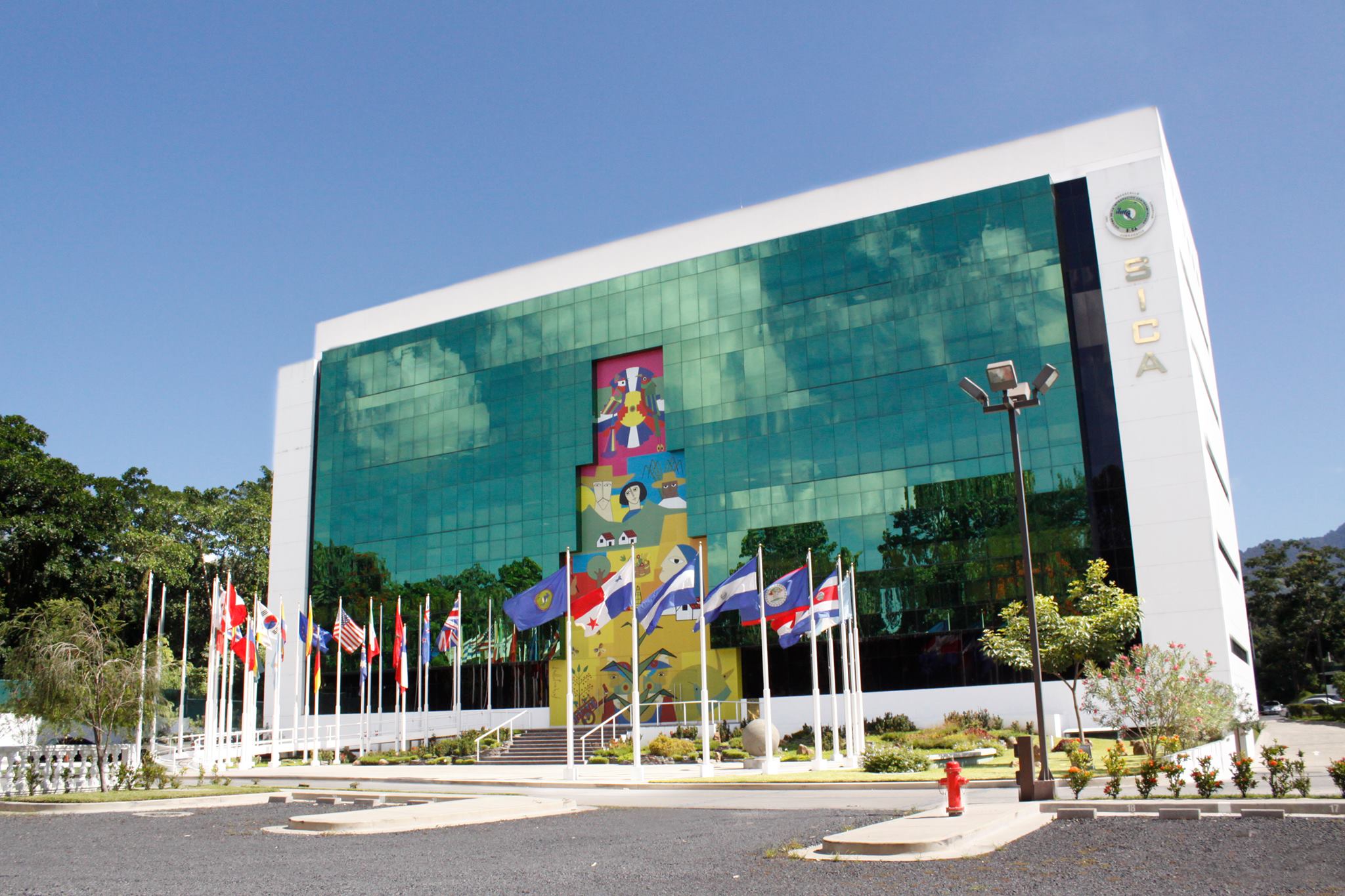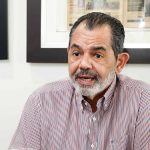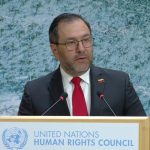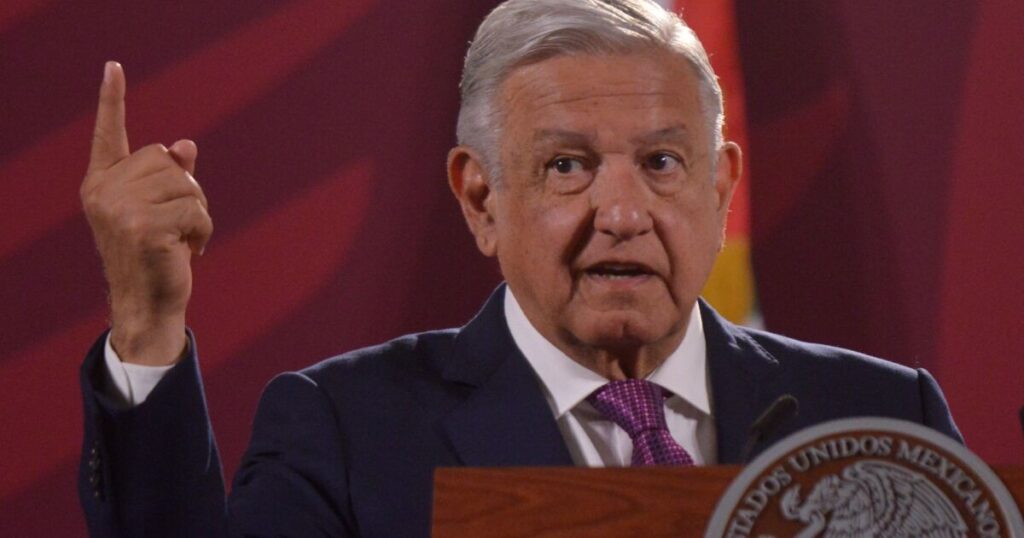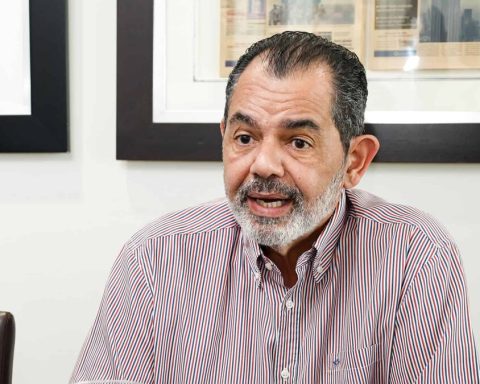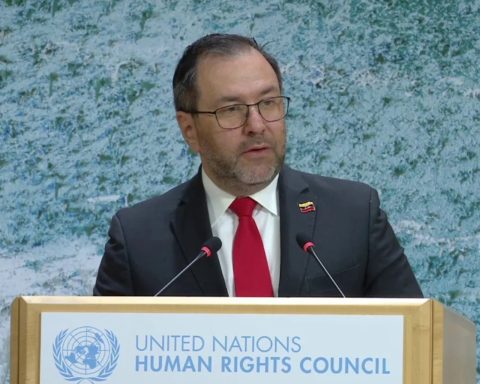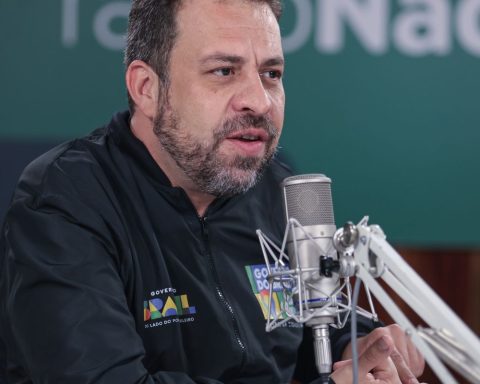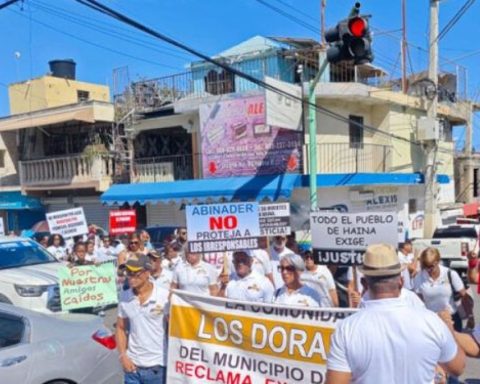Eight former Costa Rican presidents –Oscar Arias, Abel Pacheco, Rafael Calderón, José María Figueres, Miguel Ángel Rodríguez, Laura Chinchilla, Luis Guillermo Solís, and Carlos Alvarado– sent an open letter to President Rodrigo Chaves, advocating that Costa Rica not support the candidacy of Werner Vargas, proposed by the dictatorship of Daniel Ortega to occupy the general secretariat of the Central American Integration System (SICA).
The former presidents consider that “it would be incongruous with the values that Costa Rica defends and promotes – promotion of peace, human rights and democracy – to endorse the election of a candidate proposed by the despotic and oppressive regime that governs Nicaragua, to occupy the main position of the Central American integration system”.
Former President Luis Guillermo Solís, historian and political scientist, director of the Center for Latin American Studies at Florida International University (FIU), considers that “with this designation the door would be opened for Nicaragua to settle in a system from which it should have been expelled. for a long time, because it is a regime that is not democratic.”
In an interview with This week Y CONFIDENTIALSolís expressed his expectation that the presidents of Costa Rica, Panama and the Dominican Republic that form the “Alliance for Development in Democracy”, “value the importance of not giving Daniel Ortega’s regime political oxygen”, due to the damage it means for Central America.
The Foreign Minister of Costa Rica announced on Thursday that he was joining the consensus of the region to support the nomination of Werner Vargas, the candidate of the Daniel Ortega regime for Secretary General of SICA. What implications would this eventual election have?
I think that, symbolically, more implications than in practice, because SICA is very much in decline and it is an institution that for several years now has had very little impact on Central American life and, therefore, the Secretary General, although not Whether Daniel Ortega’s candidate is, he will have a very small margin for action. But, in the symbolic part it is terrible, because it almost means normalizing the presence of Nicaragua in SICA, which is inadmissible being an atrocious dictatorship, neither in the spirit of Esquipulas, who created SICA, nor in the SICA regulations, the The idea of a democracy that participates with all other governments on equal terms is present, so from a political point of view and from a regional perspective, I think it is highly convenient that it does not happen.
Several of the countries that make up SICA, including Costa Rica, Panama, the Dominican Republic, and El Salvador, have also signed OAS declarations in which they do not recognize the legitimacy of the November 7 elections in Nicaragua. Does this eventual election Would it have any meaning in relation to how they position themselves against the Nicaraguan regime?
Certainly, it would be very inconsistent for the countries that have held with a firm hand, with great temperance, the line of opposition to the dictatorship, to reverse that position through an election in a regional body. It seems to me that it would be absurd, and that they do it, furthermore, without any political frame of reference that at least adorns that decision with respect, for example, to the condition of the political prisoners in Nicaragua.
We are facing a regime that has not only assassinated, that has used state terrorism to violently repress its own people, but also a government that has isolated itself from the international community, that ignores what the community The international community demands that he has no absolute respect for his own fellow citizens who wanted to participate in an election or open the spaces for an election that ended up stealing the Ortega government.
So, yes, I believe that the announcement itself is complex and if it materializes, it seems to me that it would be very bad for the image of Central America. doWho is going to want to come and give us resources for a regional system that includes a dictatorship like that and also for the countries that have participated in the election itself?
The rejection of Ortega’s previous candidates was based on the argument that they did not meet the conditions of suitability to hold that position, it seems that the acceptance of this candidate is justified by the fact that he is a professional who has a track record in the integrationist system . But are they going to elect an official or are they granting legitimacy to the regime he represents?
Yes, it is that I believe that if the discussion is placed on the person and you do not look at a greater perspective on what that person represents and what the Central American governments want for SICA, things get very complicated. We know that the officials or sympathizers who are officials of the Ortega regime are going to pay attention to that regime. There is no organic separation that one can say this is a technician who is independent of the Government. No, this is a run-see-and-tell from Daniel Ortega, who came to SICA protected by the dictatorship, which is finally the entity that sponsors it. So, it seems to me that placing the emphasis on whether it is suitable or not, makes a mistake in the argumentation regarding the substance of the problem, which is that with that designation the door is opened for Nicaragua to settle in a system from which it should have been expelled from a long time ago, because it is a regime that is not democratic.
Is it inevitable that the presidents, or at least the presidents who represent democratic governments in Central America, ratify this decision of the foreign ministers? Do they have another option? The Nicaraguan opposition has suggested, for example, that they appoint an interim administrator.
Yes, it seems to me that the presidents can consider, in the coming days when they meet, whether they use the mechanism that they deem necessary. You can ponder these observations that have been made from different points, because this debate has edges in different countries, and the letter from the Nicaraguan opposition has also been received.
It seems to me that many things can be done or we can even do what Nicaragua has been doing for many years now, which is breaking a consensus without which there is no possibility of having a secretary general and the system was blocked. Which hurts me a lot, because it is an instance that promotes or could promote regional development projects, but the world does not end either.
Here we must weigh human rights, and we must weigh the lives of people who are unduly imprisoned and whose rights are not only being violated, but are also being physically tortured, so I believe that the presidents have a wide menu to apply in the coming days and weeks.
Ironically, in this last decade, the Ortega regime has become a refuge for former officials from Honduras, El Salvador and Guatemala, accused of corruption, who have been expressly granted nationality and now some of these governments that indicate the Ortega government to promote impunity, they would be giving it legitimacy with this election.
Yes, everything is getting very confusing and, worst of all, it looks very ugly. In other words, in a world where we are seeing an authoritarian onslaught in which Central America, which was a region where a peace plan had been established, was working better or worse with disparate democracies, each with its own convictions, were evolving , Nicaragua included, with problems like in each of our countries, of governability, of transparency in the public function, is joining this discussion. Few democracies are left willing to fight and I think we have to fight, and the fight for democracy has to be given by all the democracies embracing each other.
There are three countries in the region, Costa Rica, along with Panama and the Dominican Republic, that have even promoted an alliance to promote development with democracy, while there are other governments that have another type of tendency. It seems that everyone is agreeing on granting this normalization to the Ortega regime through SICA. Is there a vacuum of democratic leadership in the governments of the Dominican Republic, Costa Rica, and Panama?
Indeed, there is, and they are three governments that are very strong, because they are the three countries with the greatest relative development in the area. I believe that there is still room for the presidents of these three countries to assess, to assess, the importance of not giving Daniel Ortega’s regime political oxygen, appointing his representative as secretary general of SICA. I still hope that a broad perspective of what this means for Central America will prevail, the damage that can be done to it, especially since international cooperation, from the United States and Europe, which are the main sources of cooperation for Central America, are also very critical of the Ortega regime and I believe that this group of countries, that so-called “Southern Triangle”, which is not really a triangle nor is it from the south, could contribute much more than what they are doing today.
Read: Ortega regime closer to the General Secretariat of SICA
This discussion would also seem to have resonance in the way in which regional and multilateral organizations position themselves. For example, the Central American Bank for Economic Integration has been a fundamental pillar of the financing of the Ortega regime, but now the World Bank is also granting the Government a loan of 116 million dollars, destined to deal with the covid pandemic. 19, despite Nicaragua has not met the least of the transparency requirements regarding information on contagion, tests, mortality, vaccination and other aspects of covid 19.
That’s how it is. Sometimes I don’t understand why it is so hard for us democracies to be forceful in relation to the minimum conditions that must be provided to the Governments so that it is part of the international community in conditions, let’s say, of acceptability.
As a historian, I am disturbed by the fact that these regimes are capable of resisting and consolidating themselves little by little thanks to the support of international financial multilateral organizations, including regional ones. CABEI is the clearest case, which in addition to giving resources to Nicaragua for public security issues, which we know how it has ended, with a terrible repression, has given Nicaragua the possibility of using that as a bill of exchange for negotiations with others. countries, which have led to situations like the ones we have today.
The argument is always that you have to normalize, you cannot always remain isolated like this, that you have to be pragmatic, but the burden of proof is always put on democracy and not on dictatorship, which is what corresponds.
